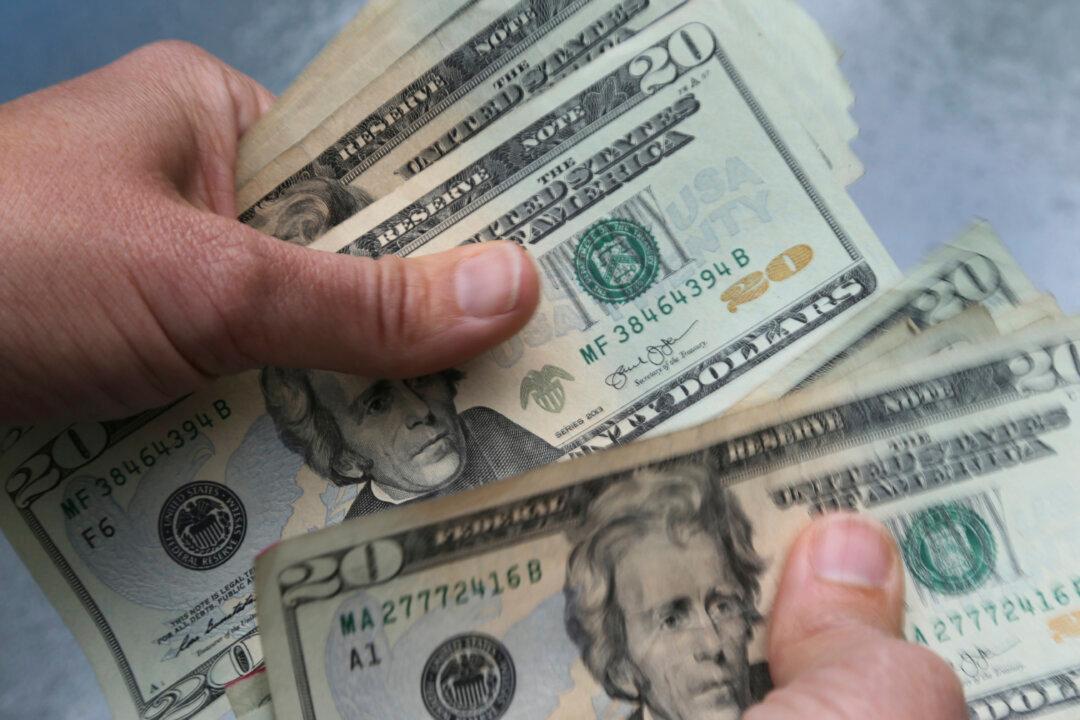Americans are becoming more pessimistic about their personal financial situation as well as the direction of the U.S. economy, with financial expectations at their lowest in over a decade.
The share of respondents who expect their personal financial situation to “get better” over the next 12 months dropped to 31 percent in February from 33 percent a month back, a February survey (pdf) by Fannie Mae shows. This is the lowest reading since the series began in 2010. It is also 20 points below the February 2020 numbers. Meanwhile, 20 percent of people expect their personal financial situation to “get worse” over the coming year while 48 percent expect it to “stay the same.”





